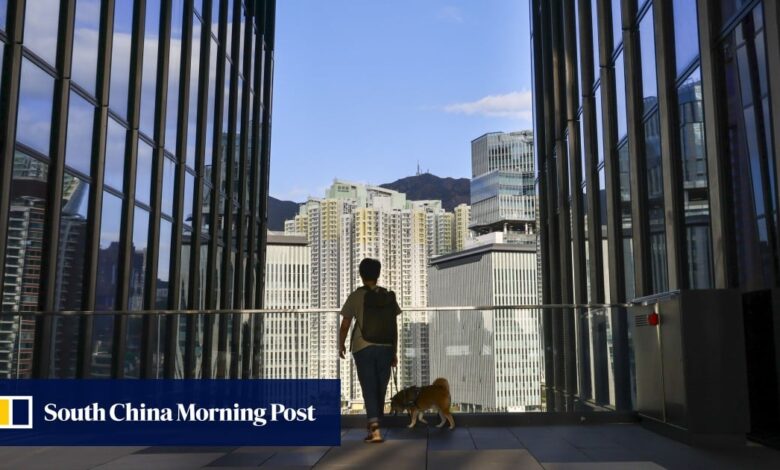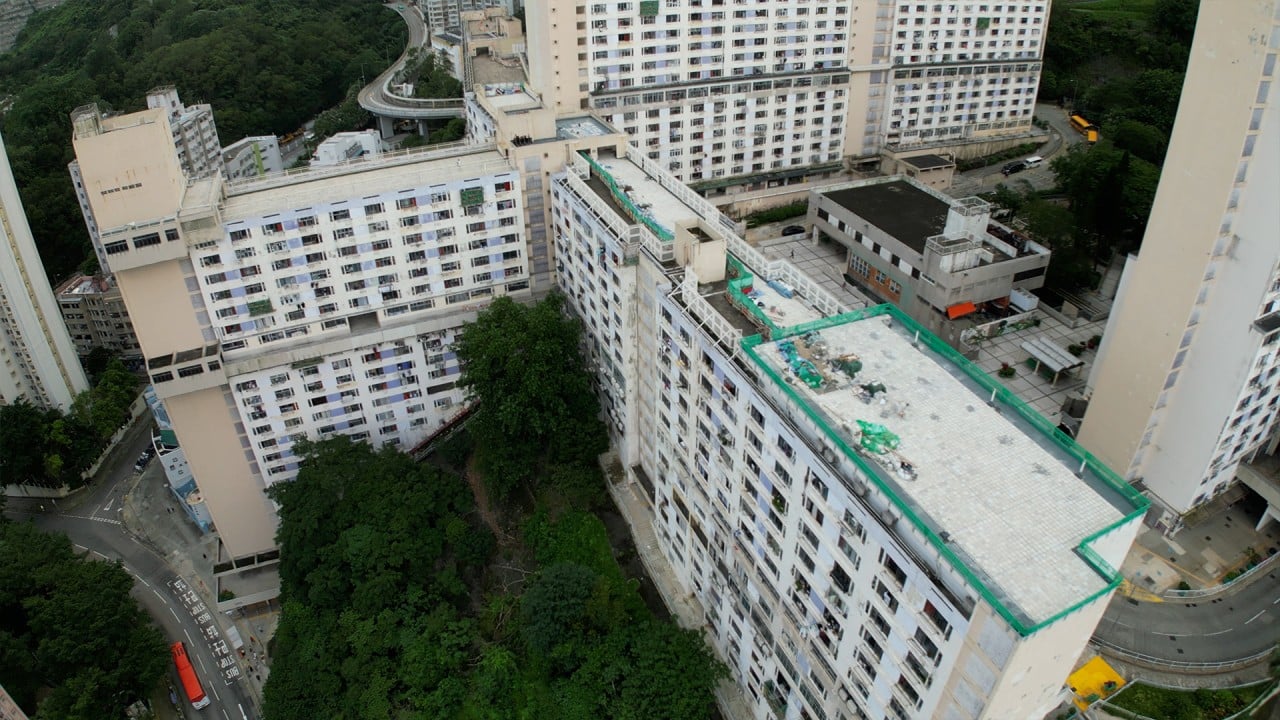Hong Kong’s so-called upside-down home loans steady, but could rise if prices fall further

Hong Kong’s falling home prices have had a limited impact on mortgage borrowers, but the situation could drag more homeowners into negative equity if the downtrend persists, according to mortgage broker mReferral.
The number could rise above 36,000 later this year if lived-in home prices drop by another 5 per cent, said Eric Tso Tak-ming, chief vice-president of mReferral.
“Negative-equity cases dropped slightly in the second quarter, which is believed to be a reflection of the market situation after the government’s withdrawal of all property curbs,” he added, pointing to the rise in property prices in March, April and May.
The first-quarter numbers had risen threefold from the prior quarter, and were the highest since some 40,000 cases were recorded in the first quarter of 2004 following the severe acute respiratory syndrome (Sars) epidemic, according to mReferral.
The aggregate value of negative-equity loans decreased to HK$155 billion (US$19.8 billion) in the three months to June, versus HK$165.3 billion at the end of March.
If the US Federal Reserve starts cutting interest rates in September, the property market will have some support, Tso said. But, if the US continues to stay put, prices could fall by another 5 per cent and push the number of negative equity cases back above 36,000 in the latter part of the year.
Lived-in home prices, which had risen for two consecutive months after the curbs were scrapped, fell in May and June, with the widely watched official index standing at 305.3, the lowest in almost eight years.
Market observers expect developers to continue to price units competitively to sell new residential projects and leftover units until the end of the year, which will put pressure on second-hand property prices.
The HKMA also pointed out the three-month delinquency ratio remained at a low level of 0.11 per cent, but was up from 0.06 per cent in March.
Although the delinquency ratio had almost doubled quarter on quarter, Ivy Wong Mei-fung, managing director of Centaline Mortgage Broker, said it is nowhere near the level seen in 2003-04 when the ratio rose to more than 1 per cent.
The current delinquency rate is still very low, which shows that those who are in negative equity continue to repay their loans, she said.
MReferral’s Tsoi noted after the government relaxed the cap on the loan-to-value ratio for mortgage insurance in 2019, the proportion of buyers resorting to mortgages of 80 per cent or more of the property value had increased significantly.
“With property prices dropping by more than 20 per cent from their peak, most homeowners who entered the market with a high loan-to-value ratio in 2020 to 2022 will have a higher chance of falling into negative equity, keeping the level of negative equity cases high,” he added.
Source link




